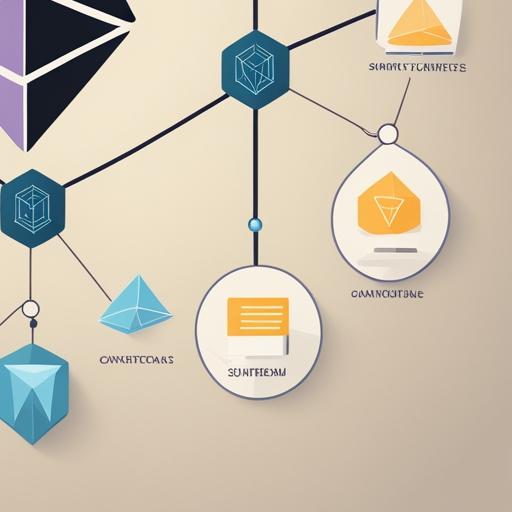Introduction to Ethereum
Ethereum is a buzzword you might have heard floating around when the conversation turns to cryptocurrencies and blockchain technology. But what exactly is Ethereum, and why is it significant? Let’s break it down in simple terms.

What is Ethereum?
Ethereum is a decentralized platform that enables developers to build and deploy smart contracts and decentralized applications (DApps). Unlike Bitcoin, which is solely a digital currency, Ethereum’s main purpose is to allow for the creation of these applications in a trusted environment without downtime, fraud, or interference from a third party.
The Role of Blockchain
Ethereum, like Bitcoin, uses blockchain technology as its foundational infrastructure. A blockchain is a distributed ledger that records all transactions across a network of computers. This ledger is publicly accessible and immutable, meaning once a transaction is added, it cannot be altered, providing high levels of security and transparency.
Smart Contracts
One of the core innovations behind Ethereum is the smart contract. A smart contract is a self-executing contract with the terms of the agreement directly written into lines of code. These contracts operate on the Ethereum blockchain and automatically execute when pre-defined conditions are met, eliminating the need for intermediaries.
Decentralized Applications (DApps)
Ethereum allows developers to create decentralized applications (DApps) – applications that run on a peer-to-peer network rather than a single computer. These applications have various uses, from finance (like DeFi – decentralized finance initiatives) to gaming and social media. The key advantage of DApps is that they are not controlled by a single entity and cannot be censored, tampered with, or have downtime, theoretically.
Ether: Ethereum’s Native Cryptocurrency
Ether (often abbreviated as ETH) is Ethereum’s native cryptocurrency and is essential for operating on the Ethereum network. It is primarily used to pay for the computational resources needed to validate and execute transactions or smart contracts on the Ethereum platform. Ether can also be traded like Bitcoin or other cryptocurrencies.
Ethereum vs. Bitcoin
While both Ethereum and Bitcoin are built on blockchain technology, they serve different purposes. Bitcoin was created as a decentralized form of digital currency or ‘digital gold.’ Meanwhile, Ethereum was developed as a platform to facilitate smart contracts and DApps, providing a more versatile environment for blockchain applications.
The Future of Ethereum
Ethereum continues to evolve, with its network undergoing consistent updates to improve scalability, security, and usability. A significant upcoming development is Ethereum 2.0, which aims to enhance the network significantly by transitioning from a proof-of-work to a proof-of-stake consensus mechanism, reducing energy consumption and increasing transaction speeds.
Conclusion
Ethereum is more than just a cryptocurrency; it is a revolutionary platform that has paved the way for new applications of blockchain technology. By allowing the development of smart contracts and DApps, Ethereum has opened up a world of possibilities for developers and businesses looking to leverage the benefits of decentralization.
